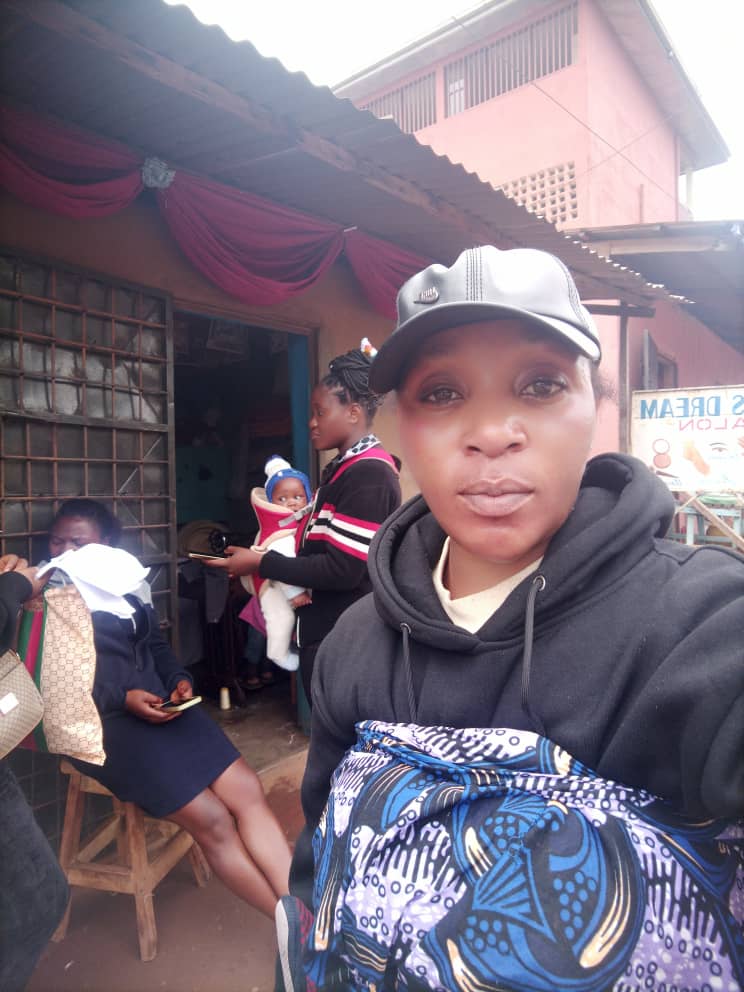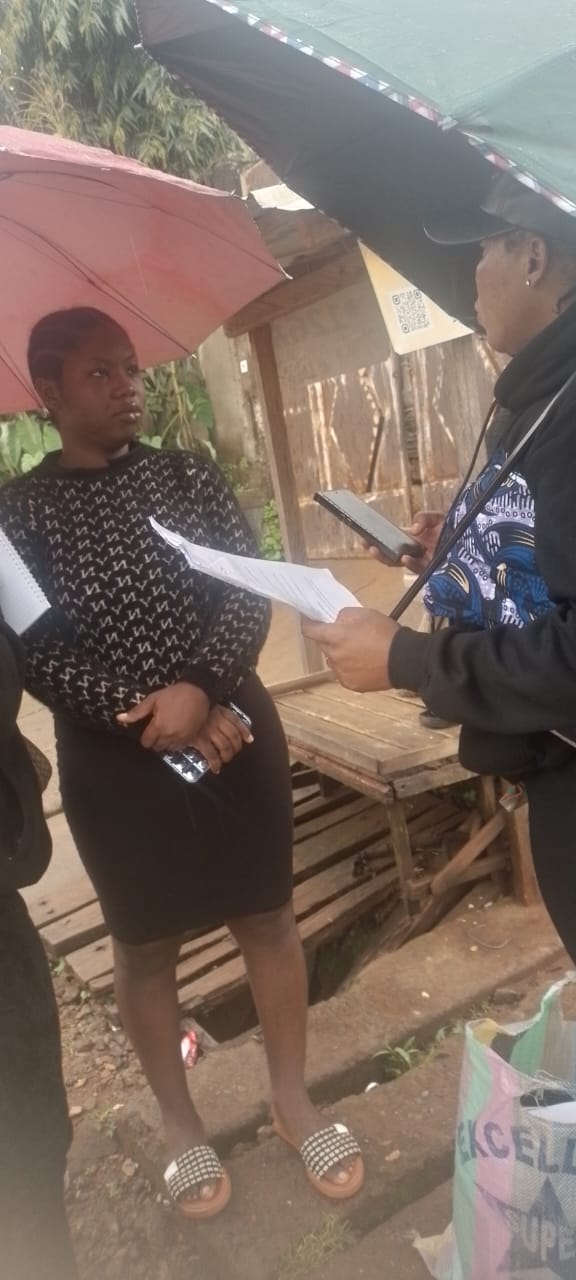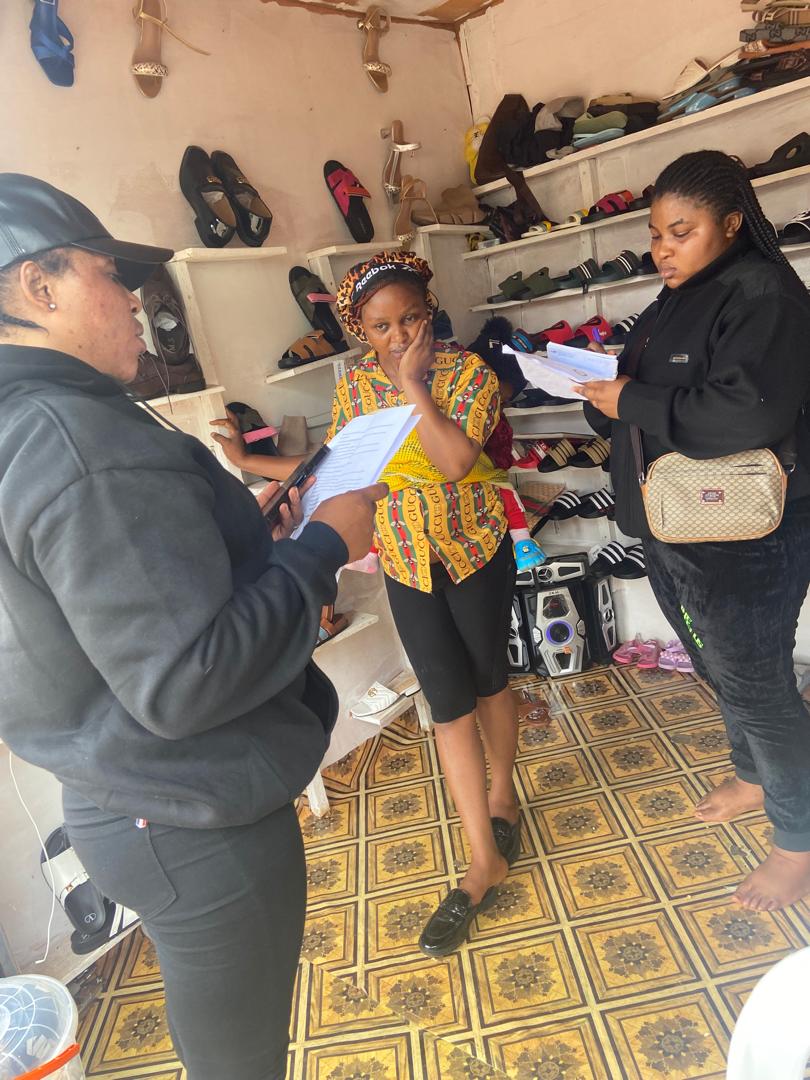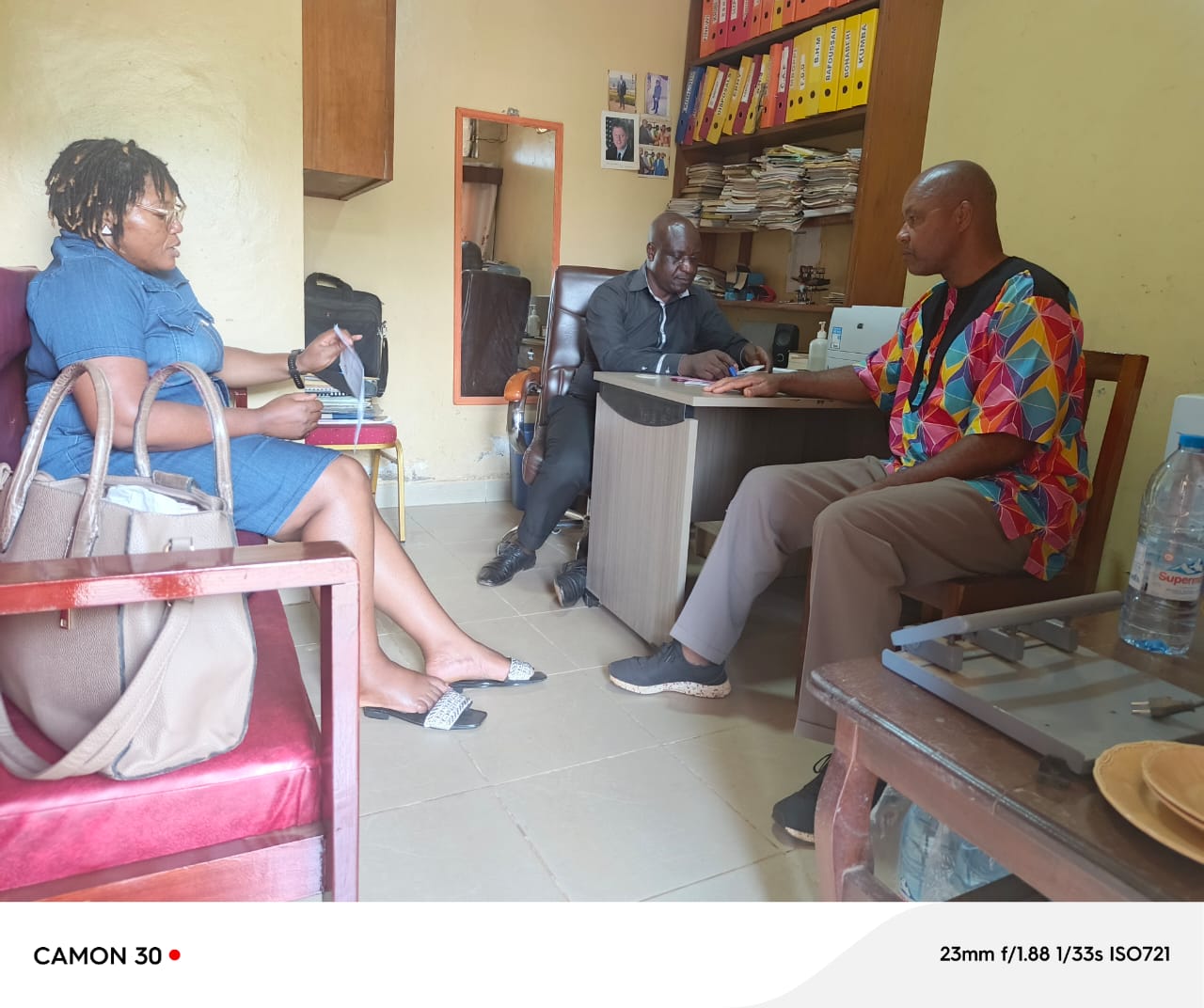Empowering Resilience: Restoring Hope
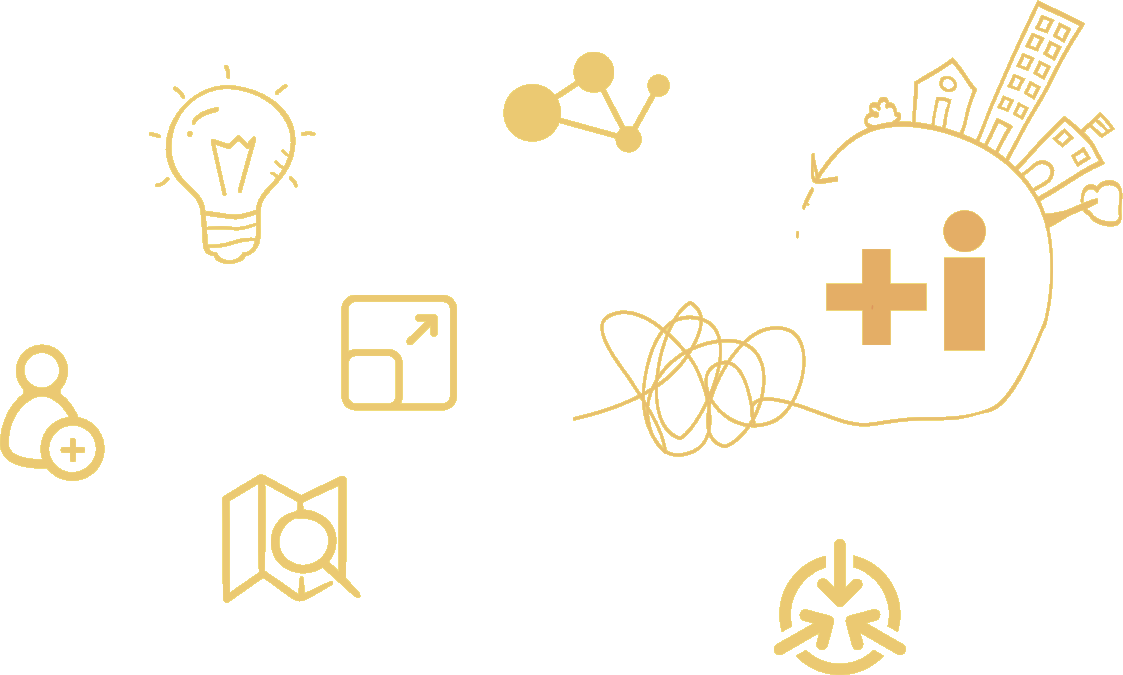
Municipality
Category / Sub-Category / Topic
Human development, Gender
Type of investment needed
Grant
The challenge
The project
Know more...
Investment
(*): In kind/pro bonus
(**): Financing
Funds
Needed
Covered
Solicited
Investment
(*): In kind/pro bonus
(**): Financing
Land (*)
u$s 16504.00
u$s 16504.00
u$s 0.00
Building plan from an architect (**)
u$s 825.00
u$s 0.00
u$s 825.00
Building permit (**)
u$s 200.00
u$s 0.00
u$s 200.00
Construction (**)
u$s 5000.00
u$s 0.00
u$s 5000.00
30 Bong Beds (**)
u$s 300.00
u$s 0.00
u$s 300.00
30 Shelves for inhouse survivors luggage (**)
u$s 150.00
u$s 0.00
u$s 150.00
40 Chairs (**)
u$s 200.00
u$s 0.00
u$s 200.00
40 Tables (**)
u$s 200.00
u$s 0.00
u$s 200.00
10 Office Chairs (*)
u$s 100.00
u$s 100.00
u$s 0.00
3 Examination Beds (**)
u$s 60.00
u$s 0.00
u$s 60.00
30 Shelves at the show room (**)
u$s 150.00
u$s 0.00
u$s 150.00
2 Laptops for office use (**)
u$s 700.00
u$s 0.00
u$s 700.00
6 Curtains for the entire building (*)
u$s 150.00
u$s 150.00
u$s 0.00
2 Gas cooker for in-house survivors kitchen and catering/pastries kitchen (**)
u$s 400.00
u$s 0.00
u$s 400.00
3 Refrigerators for in-house survivors kitchen and show room (**)
u$s 600.00
u$s 0.00
u$s 600.00
1 Deep freezers for in-house survivors kitchen and show room (**)
u$s 200.00
u$s 0.00
u$s 200.00
Kitchen utencils for skills enhancement (**)
u$s 150.00
u$s 0.00
u$s 150.00
3 Sewing Machines for skills enhancement (**)
u$s 600.00
u$s 0.00
u$s 600.00
Office stationaries (*)
u$s 500.00
u$s 500.00
u$s 0.00
Contractor services (*) (**)
u$s 4000.00
u$s 0.00
u$s 4000.00
Organise yearly evaluation meeting with the community agents (**)
u$s 200.00
u$s 0.00
u$s 200.00
1 Project Accountant (volunteer) (*)
u$s 8000.00
u$s 8000.00
u$s 0.00
3 Project Communication Expert (3 volunteers) (*)
u$s 21000.00
u$s 21000.00
u$s 0.00
2 Policy Liason officer (2 volunteers) (*)
u$s 14000.00
u$s 14000.00
u$s 0.00
Electricity and water bills per year (**)
u$s 2000.00
u$s 0.00
u$s 2000.00
Communication/internet support to the project team per year (**)
u$s 300.00
u$s 0.00
u$s 300.00
Funds
Needed
Covered
Solicited
Terreno (*)
u$s 16504.00
u$s 16504.00
u$s 0.00
Planos del edificio por un arquitecto (**)
u$s 825.00
u$s 0.00
u$s 825.00
Permiso de construcción (**)
u$s 200.00
u$s 0.00
u$s 200.00
Construcción (**)
u$s 5000.00
u$s 0.00
u$s 5000.00
30 camas tipo Bong (**)
u$s 300.00
u$s 0.00
u$s 300.00
30 estantes para el equipaje de las sobrevivientes internas (**)
u$s 150.00
u$s 0.00
u$s 150.00
40 sillas (**)
u$s 200.00
u$s 0.00
u$s 200.00
40 mesas (**)
u$s 200.00
u$s 0.00
u$s 200.00
10 sillas de oficina (*)
u$s 100.00
u$s 100.00
u$s 0.00
3 camillas de examen (**)
u$s 60.00
u$s 0.00
u$s 60.00
30 estantes en la sala de exhibición (**)
u$s 150.00
u$s 0.00
u$s 150.00
2 laptops para uso de oficina (**)
u$s 700.00
u$s 0.00
u$s 700.00
6 cortinas para todo el edificio (*)
u$s 150.00
u$s 150.00
u$s 0.00
2 cocinas de gas para la cocina interna de las sobrevivientes y la cocina de catering/pastelería (**)
u$s 400.00
u$s 0.00
u$s 400.00
3 refrigeradores para la cocina interna de las sobrevivientes y la sala de exhibición (**)
u$s 600.00
u$s 0.00
u$s 600.00
1 congelador profundo para la cocina interna de las sobrevivientes y la sala de exhibición (**)
u$s 200.00
u$s 0.00
u$s 200.00
Utensilios de cocina para mejora de habilidades (**)
u$s 150.00
u$s 0.00
u$s 150.00
3 máquinas de coser para mejora de habilidades (**)
u$s 600.00
u$s 0.00
u$s 600.00
Material de oficina (*)
u$s 500.00
u$s 500.00
u$s 0.00
Funds
Needed
Covered
Solicited
Servicios de contratista (*) (**)
u$s 4000.00
u$s 0.00
u$s 4000.00
Organizar reunión anual de evaluación con los agentes comunitarios (**)
u$s 200.00
u$s 0.00
u$s 200.00
Funds
Needed
Covered
Solicited
1 contador de proyecto (voluntario) (*)
u$s 8000.00
u$s 8000.00
u$s 0.00
3 expertos en comunicación del proyecto (3 voluntarios) (*)
u$s 21000.00
u$s 21000.00
u$s 0.00
2 oficiales de enlace político (2 voluntarios) (*)
u$s 14000.00
u$s 14000.00
u$s 0.00
Funds
Needed
Covered
Solicited
Facturas de electricidad y agua por año (**)
u$s 2000.00
u$s 0.00
u$s 2000.00
Soporte de comunicación/internet para el equipo del proyecto por año (**)
u$s 300.00
u$s 0.00
u$s 300.00

